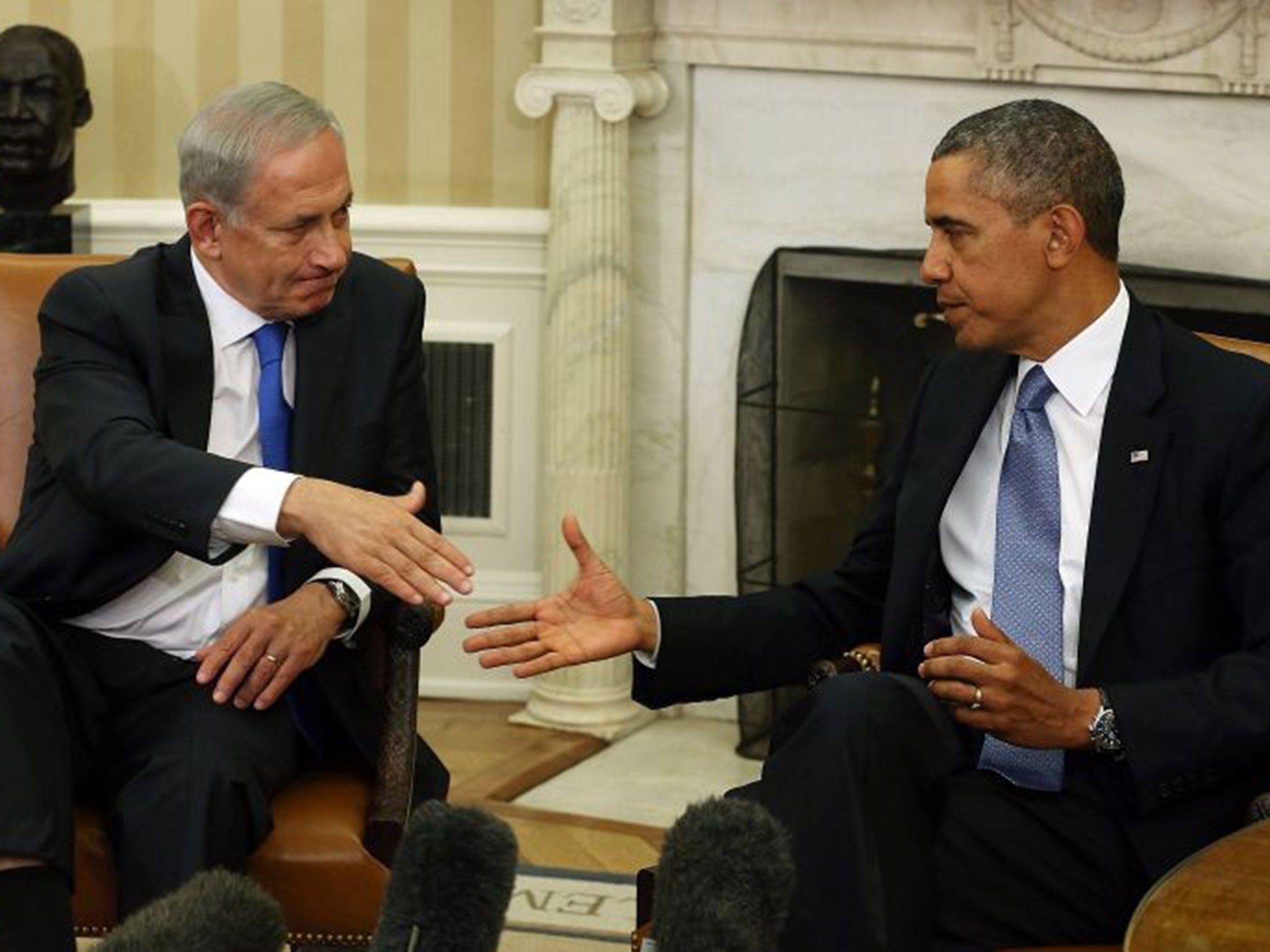Israel-Gaza conflict: Young Americans judge Israel's actions in Gaza differently

Your support helps us to tell the story
From reproductive rights to climate change to Big Tech, The Independent is on the ground when the story is developing. Whether it's investigating the financials of Elon Musk's pro-Trump PAC or producing our latest documentary, 'The A Word', which shines a light on the American women fighting for reproductive rights, we know how important it is to parse out the facts from the messaging.
At such a critical moment in US history, we need reporters on the ground. Your donation allows us to keep sending journalists to speak to both sides of the story.
The Independent is trusted by Americans across the entire political spectrum. And unlike many other quality news outlets, we choose not to lock Americans out of our reporting and analysis with paywalls. We believe quality journalism should be available to everyone, paid for by those who can afford it.
Your support makes all the difference.If Israel spent most of last week grousing about the United States, by Friday it was surely ready to change its tune.
The US Senate passed a $225m (£134m) bill to replenish Israel's "Iron Dome" anti-rocket defence system. More importantly, Washington's condemnation of Hamas for breaking that day's ceasefire was swift and fierce.
President Barack Obama took to the White House press room to lambast Hamas for violating the deal and for the apparent capture of an Israeli soldier. "I want to make sure they're listening," he said. "If they are serious about trying to resolve this situation, that soldier needs to be unconditionally released as soon as possible." He and the Israeli Prime Minister, Benjamin Netanyahu, were at last reading from the same page.
Nothing is more deeply etched into US foreign policy than standing by Israel, and suggestions made by some conservatives last week that Mr Obama was chafing at that compact were hardly to be taken seriously. Nor is America about to join in any call for Israel to be brought before the International Criminal Court for crimes against humanity for its actions in Gaza – if only because, as the main supplier of its arms, that would be a risky tack.
Yet there are times when the friendship can be uncomfortable, and that was on full display through most of last week when civilian casualties in Gaza were soaring and, in particular, when destruction came to a UN school in Gaza with the loss of as many as 20 lives.
That Mr Obama is allowed to express impatience with Israel, at least, was on display in his press conference. He lamented, for instance, the criticisms that had been aimed at his Secretary of State, John Kerry, for failing in his earlier attempts to put a ceasefire in place (one the details of which Israel had found appalling). The sniping had, for the most part, come from Israel. "We should be supporting him", not complaining about him, Mr Obama said.
Indeed, Mr Obama made direct reference to the balancing act he has to perform when it comes to Israel and its behaviour when at war. It was "hard to reconcile Israel's legitimate need to defend itself" with the "legitimate concerns" for civilian casualties in Gaza, he told reporters bluntly. When it is not at war, Israel has tested not just Mr Obama, but also George W Bush and Bill Clinton before him, with its settlement building in the West Bank.
Mr Obama's caution sometimes pays dividends. Had he scolded Israel more harshly last week for the attack on the school, he would have been seen by some to be taking sides with Hamas. And then he would have looked foolish and naive when Hamas militants blatantly violated a ceasefire that had barely taken hold. At the same time, it can feed into the narrative he has learned to live with – that he is indecisive on foreign policy, that Washington is being buffeted by one overseas crisis after another, and that the US has lost its influence.
A Washington Post-ABC News poll last week confirmed what he could have guessed: 52 per cent of Americans disapprove of his handling of the Gaza emergency, while 39 per cent approve. And a Pew survey, released before the attack on the school, found that only 19 per cent of Americans blamed Israel for the current violence while twice as many, 40 per cent, placed the blame on Hamas.
But there is another interesting divide in the US which, when this crisis has settled, the Israeli leadership might at least want to heed. A new Gallup poll finds that while Americans aged over 65 support Israel's actions by a margin of 24 points, those under 30 oppose them by a margin of 26.
American tolerance with Israel, in other words, might be weakening.